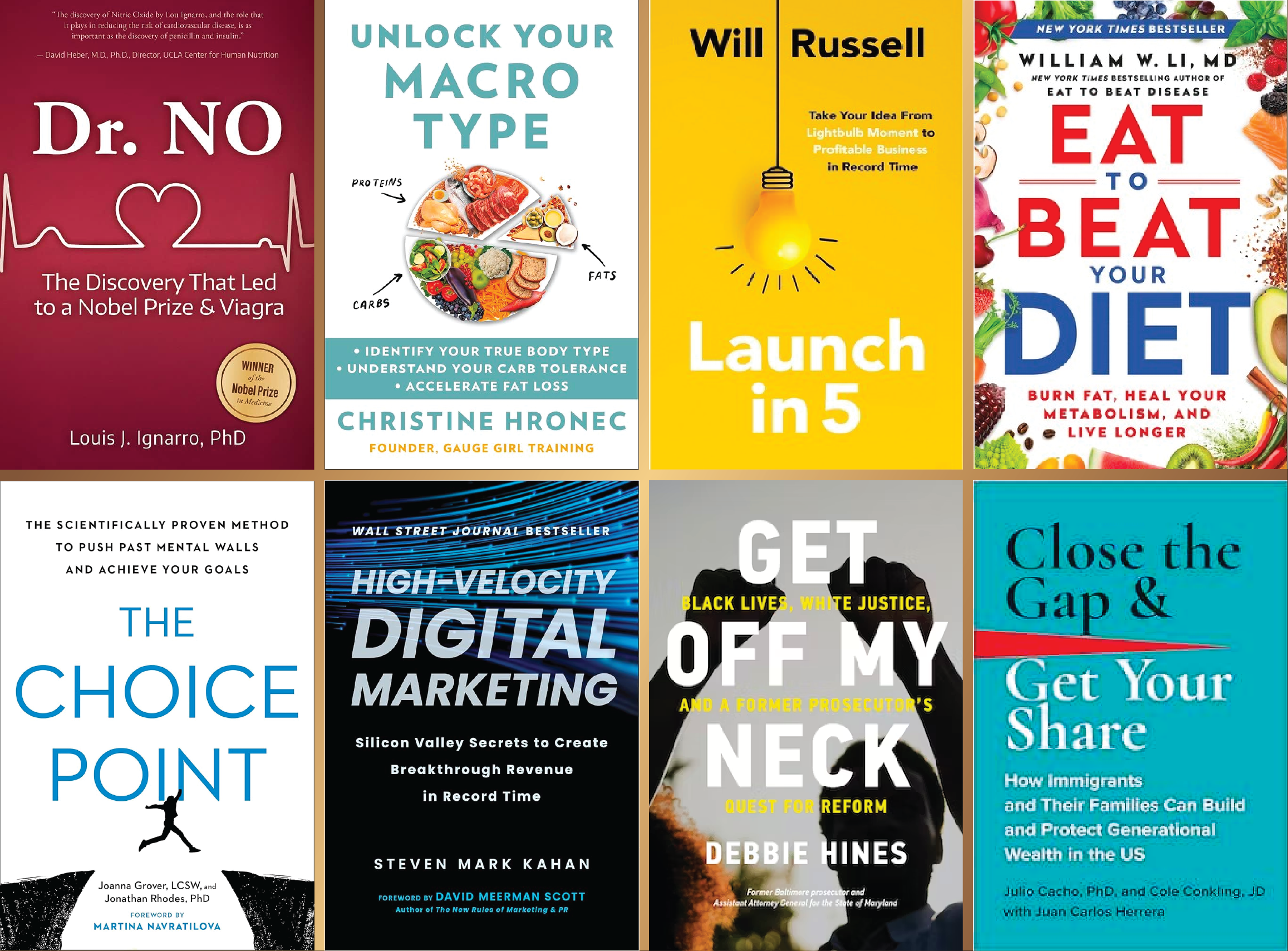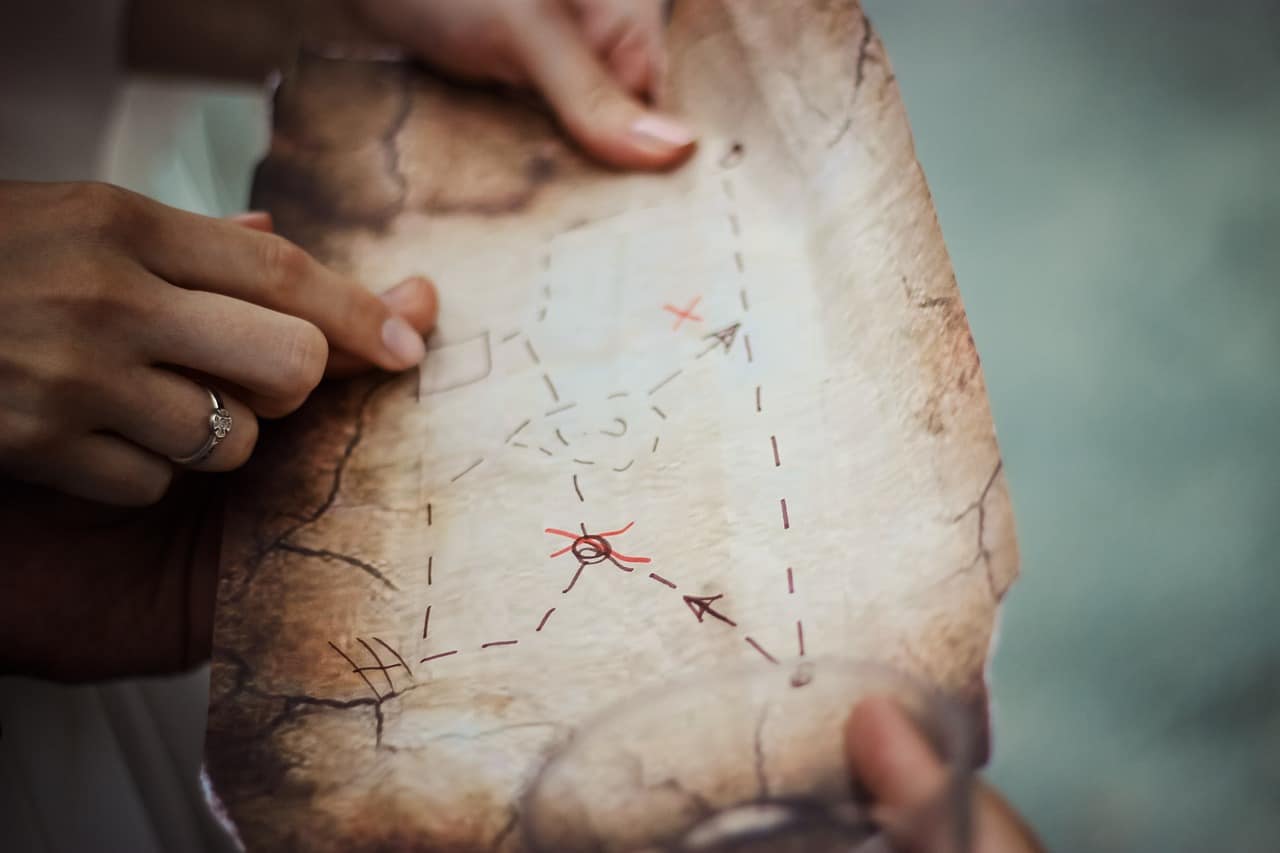You have no idea how many times I’ve gotten the question: how do I know if my book idea is original? When experts first come to us seeking help, I often hear in the initial conversation with them: is this book even worth writing? Are my ideas original at all?
My quick answer: probably.
If you’re an expert in a field, you must have some original thoughts to share. However, this does come with a caveat. To write a salable book, you must pinpoint the original idea that connects your work to an eager audience of readers. And that might not be the first idea you came up with for your book concept.
To figure out if your book idea is original is quite simple: look at what’s already out there. See what has already been written.
And, here’s some great news! This process is a built-in step in creating a book proposal. In fact, you can’t get a book deal without demonstrating that you have looked at the other books in your topic area and genre and proved that your book concept hasn’t been done. Yet. (Because you’re about to write it, right?)
The step is called a “Comparable Book Analysis,” or “Book Comps,” which means you will compare and contrast books similar to the one you have in mind to see what they’ve got, and what they lack. This is all part of making the case for why your book needs to be published.
Do Not Search for Book Comps Online
While you can look for book comps online, the ideal approach is to actually go into a bookstore (not Amazon…not Bookshop.com…a real brick and mortar bookstore) and see what’s on the shelves.
I recommend the bookstore field trip for two big reasons.
- First, that you will only find traditionally published books in a bookstore, and if you want to sell your book to the trade, you’d better be comparing it to books that the trade has bought.
- Second, even among traditionally published books, bookstores have limited shelf space, so they can only carry books that the market says are significant. Compare this to online stores, which have unlimited capacity. How will you ever sift through the thousands of books on Amazon that share a few keywords with your book idea and figure out which ones are worth comparing? You won’t.
Here’s How to Do Your Book Comps
When you go into the bookstore, pretend you are your ideal reader, and you are looking for your book. You won’t find it, and that’s good, because you haven’t written it yet. What you will find are a few books that are near it. Another way to look at this is to imagine which books your ideal reader might settle for (since they can’t buy your book yet) if they had to pick from the available books and try to cobble together the value that you will provide. More good news, even the “comp books combo platter” won’t hit the spot—a good sign that your concept is original.
Does Your Book Idea Pass the Ultimate Test?
Next step is to see if your book idea passes the ultimate test.
Whittle down your ‘next best option’ books to a stack of no fewer than 3 but no more than 5 titles, all published within the last 3 to 5 years. Grab a table and a coffee and start to go through them, one-by-one.
Don’t worry! There’s no need to read the entire book. But give them a good skimming. Here are a few sections to check out:
- Look at the copyright page, check the pub-date. Is it recent enough? i.e., published within the last 3-5 years?
- Skim the back cover copy and the Introduction to get a sense of the book’s big-picture message.
- Browse the Table of Contents to get a feel for the book’s structure and tone. Notice which topics it covers. If you see any chapter headings you could imagine appearing in your book, flip to those chapters and take a closer look.
- Skim a few relevant chapters when you get to those highly relevant chapters, read a few paragraphs or sections. Read the opening and closing paragraphs at least to get a sense of the chapter’s thesis and where it lands.
Stay in the Mind of Your Reader
As you look through these sections, stay in the mind of your ideal reader and evaluate the following:
- What is the author sharing that your reader would find the most compelling, most unique, and most relevant to them?
- Notice what’s missing: The biggest revelation is to notice what the book lacks that is relevant to your ideal reader and is something that your book will include. The final step is to…
- Consider all the books you compared as a whole and ask: “what did all of these books fail to address that my ideal reader wants and my book will provide?” This is what I like to call the money shot. When you can see an idea you feel passionate about sharing that no one else has covered, you know you’ve got the makings for an original book idea.
To nail it down, complete the sentence: “My book is the first ever to…” (do what, for whom, so that they can have what?) Then, congratulations! You’ve got an original book idea!
The Bottom Line is This:
If you want to know if you have an original idea for a book, look at the other books out there and discover what they have, and most important, what they lack.




